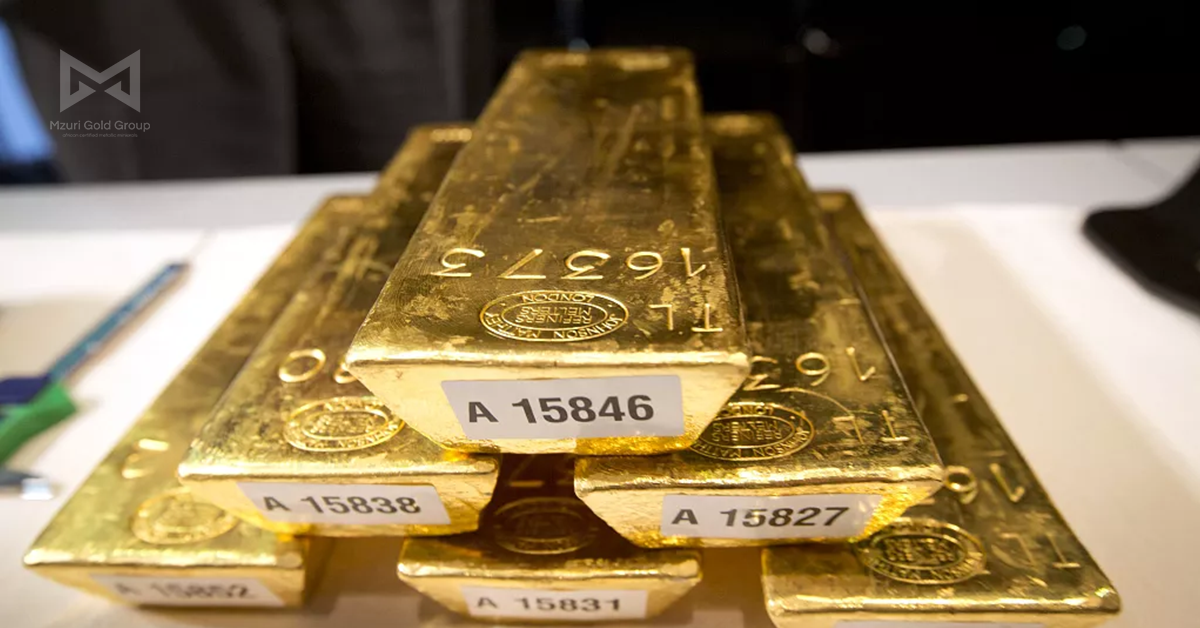Burkina Faso, a landlocked country in West Africa, has emerged as a significant gold producer, ranking as the fourth-largest in Africa. The nation’s gold sector is characterized by a dual structure: a formal industrial mining sector and a vast informal artisanal and small-scale mining (ASM) sector. This guide provides an in-depth overview for individuals and entities interested in purchasing gold from Burkina Faso, encompassing legal frameworks, market dynamics, ethical considerations, and practical steps.
Overview of Burkina Faso’s Gold Industry
- Gold Production Landscape: In 2023, Burkina Faso produced over 57 tons of gold, with significant contributions from both industrial and artisanal mining sectors. The industrial sector is dominated by companies such as Endeavour Mining and Nordgold, while the ASM sector is extensive, employing approximately 430,000 individuals across over 440 mining sites. Despite its substantial output, the country faces challenges related to security, governance, and market access.
- Nationalization and Policy Shifts: The Burkinabe government has taken steps to assert greater control over its gold resources. In 2025, the government nationalized two industrial gold mines previously owned by Endeavour Mining and announced plans to nationalize additional foreign-owned mines. These actions are part of a broader strategy to increase state revenue from the mining sector and reduce dependence on foreign entities.
Legal and Regulatory Framework
- Mining Code and Export Regulations: Burkina Faso’s mining code has undergone revisions to enhance state participation and revenue from the sector. The government has increased royalty rates based on gold prices, with rates escalating from 6% to 7% as gold prices rise above $1,700 per ounce . Additionally, in 2024, the government suspended the issuance of export permits for small-scale gold production to combat illicit trade and ensure proper documentation.
- Export Documentation and Compliance: To legally export gold from Burkina Faso, buyers must ensure compliance with national regulations, including obtaining necessary export permits and adhering to customs procedures. The government has implemented measures to formalize the ASM sector, aiming to improve traceability and reduce illicit activities.
Purchasing Gold from Burkina Faso
- Identifying Reputable Suppliers: Given the complexities of the Burkinabe gold market, it is crucial to engage with reputable suppliers. Buyers should conduct thorough due diligence, verifying the legitimacy of mining operations and ensuring compliance with legal requirements. Engaging with local partners who have established relationships within the industry can facilitate access to legitimate gold sources.
- Due Diligence and Risk Mitigation: Buyers should assess potential risks, including security concerns, regulatory changes, and market volatility. Establishing clear contractual agreements and utilizing escrow services can help mitigate financial risks. Additionally, buyers should be aware of the challenges associated with the ASM sector, such as the use of mercury in gold extraction and the prevalence of child labor.
Ethical Considerations
- Responsible Sourcing: Ensuring that gold is sourced responsibly is paramount. Buyers should prioritize suppliers who adhere to ethical mining practices, promote environmental sustainability, and respect labor rights. Engaging with initiatives such as the Fair-mined standard can help ensure that gold is sourced responsibly and contributes to community development.
- Addressing Environmental and Social Impacts: The gold mining industry in Burkina Faso has significant environmental and social impacts, including deforestation, water pollution, and displacement of communities. Buyers should consider these factors when making purchasing decisions and support initiatives aimed at mitigating these impacts.
Practical Steps for Purchasing Gold
- Establishing Legal Frameworks: Buyers should work with legal professionals to navigate the regulatory landscape, ensuring compliance with national laws and international standards. This includes obtaining necessary licenses, adhering to export procedures, and ensuring that all transactions are properly documented.
- Engaging with Financial Institutions: Utilizing financial institutions that specialize in international trade can facilitate secure transactions. These institutions can assist with currency exchange, payment processing, and ensuring that funds are transferred securely.
Conclusion
Purchasing gold from Burkina Faso offers opportunities but requires careful navigation of legal, ethical, and logistical challenges. By partnering with reputable suppliers, conducting thorough due diligence, and adhering to both Burkinabe and international regulations, buyers can engage in responsible and profitable gold transactions. Staying informed about the evolving landscape of Burkina Faso’s gold trade is essential for sustained success and ethical engagement in the market.

Leave a Reply